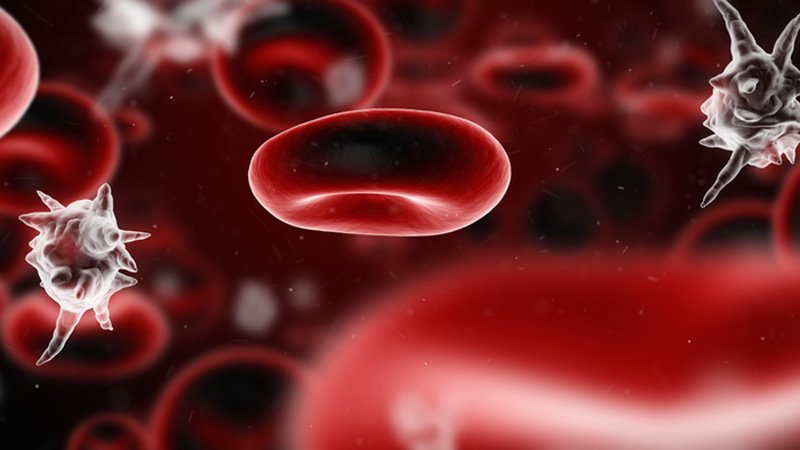
WWD via Getty
Sepsis is a serious medical condition that occurs when the body’s immune system responds to an infection in an extreme manner, leading to widespread inflammation. This overreaction can cause various complications, with sepsis potentially progressing through severe stages: sepsis, severe sepsis, and septic shock. If left untreated, it can result in death, making early detection and intervention crucial. report from Healthline.
Causes of Sepsis
Sepsis can be triggered by a variety of infections, whether bacterial, viral, or fungal. The condition can develop from common infections like pneumonia, urinary tract infections, skin infections, or abdominal infections. Sepsis is not selective but tends to affect certain vulnerable groups more severely. People at higher risk include infants, the elderly, those with weakened immune systems, and individuals who have recently undergone medical procedures or been hospitalized. Due to their reduced ability to fight infections, these groups are more susceptible to the severe consequences of sepsis.
Prevention of Sepsis
Preventing sepsis is possible through a combination of good hygiene practices and regular medical care. “Good wound care is essential to avoid infections that can lead to sepsis,” experts advise. Maintaining a healthy lifestyle and managing chronic conditions such as diabetes or heart disease are key preventative measures. Furthermore, vaccinations, particularly for infections that commonly lead to sepsis (such as the flu and pneumonia), are critical in reducing risk. Vaccination is especially important for those in high-risk groups, as it lowers the chance of infection spreading and leading to sepsis. told by MedicalNewsToday.
Diagnosing and Treating Sepsis
Timely diagnosis is vital in the treatment of sepsis. Healthcare professionals often rely on various tests such as blood tests, urine tests, and imaging scans to pinpoint the source of infection and evaluate the severity of the condition. Treatment usually begins with hospitalization, where patients are given intravenous fluids to stabilize blood pressure, along with antibiotics to fight the infection. In severe cases, oxygen therapy and other advanced medical interventions are required to support vital organ functions and prevent damage.
Sepsis is a medical emergency, and immediate care is essential. “Early detection and appropriate treatment are crucial in managing sepsis effectively,” emphasize healthcare professionals. While the condition is dangerous, understanding the risk factors and symptoms allows individuals to take proactive steps in protecting their health.


